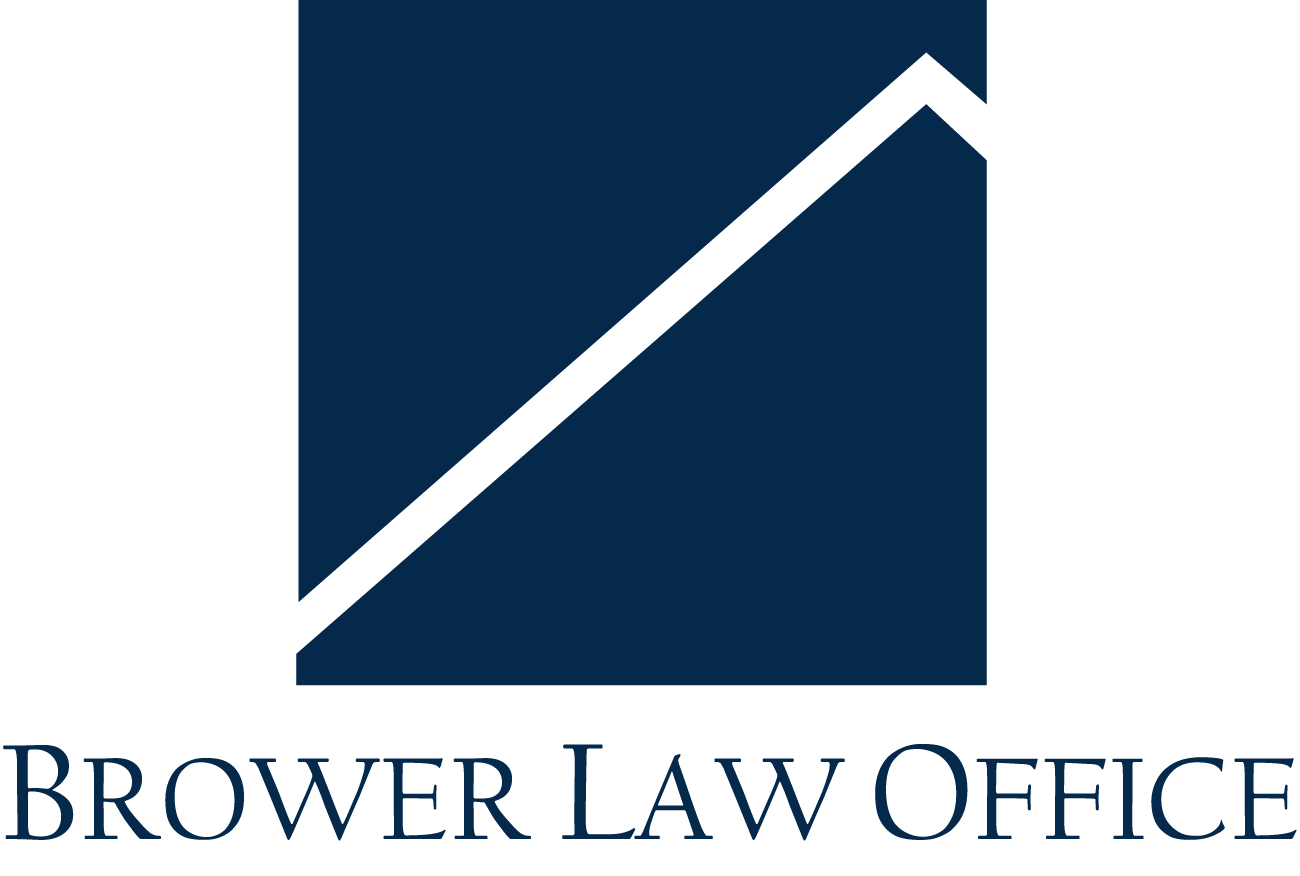Probate & Estate Administration Lawyer
Support When a Loved One Passes
Compassionate guidance through the probate process
Probate is the court-supervised process to validate a will, pay debts, and distribute assets. Scott Brower Law Offices helps executors manage each step with steady communication and organized filings so families can focus on what matters most.

How Probate Works in Illinois
From opening the estate to final distribution
- Open the estate — file in the proper county and receive Letters of Office for authority.
- Inventory and notices — identify assets, notify heirs and creditors, publish as required.
- Manage assets — secure property, handle accounts, and maintain real estate.
- Pay claims and taxes — resolve valid debts and file necessary returns.
- Distribute and close — transfer remaining assets to beneficiaries and close the estate.
Straightforward estates may resolve within months; complex estates can take longer. Good planning during life—like
trusts and beneficiary designations—can reduce what must pass through court.
How We Support Executors and Administrators
Step-by-step direction, filings done right
We prepare petitions, inventories, accountings, and motions; coordinate with banks, title companies, and beneficiaries; and appear in court as needed. If questions arise about real estate sales, business interests, or claim disputes, you’ll have practical options—explained in plain English.
Probate vs. Non-Probate Assets
Not everything goes through court
Joint accounts with survivorship, life insurance with beneficiaries, and assets in a living trust usually transfer outside probate. We help you sort what is probate property and move non-probate assets efficiently, then focus the court case where required. Careful
estate planning during life can simplify this process for your family.
If There’s No Will
Understanding intestacy and next steps
When someone dies without a will, Illinois law sets who inherits and who has priority to serve as administrator. We explain those rules clearly, help families minimize conflict, and move the case forward with the required notices and filings.
FAQs about probate
Clear Answers in a Difficult Time
Do all estates go through probate?
No. Small estates may qualify for a simplified process, and assets with beneficiaries or joint ownership often pass outside court.
How long does probate take?
Many cases take six to twelve months, depending on assets, creditors, and whether disputes arise.
Who pays probate costs?
Court fees, attorney fees, and other costs are generally paid from estate assets, not the executor’s personal funds.
What if there’s property in another state?
An ancillary proceeding may be needed. We coordinate with local counsel to streamline the process.
Start With a Helpful Conversation
Get probate support you can count on
If you’re an executor or a family member unsure where to begin, Scott Brower Law Offices will guide you through every step and keep timelines on track.

